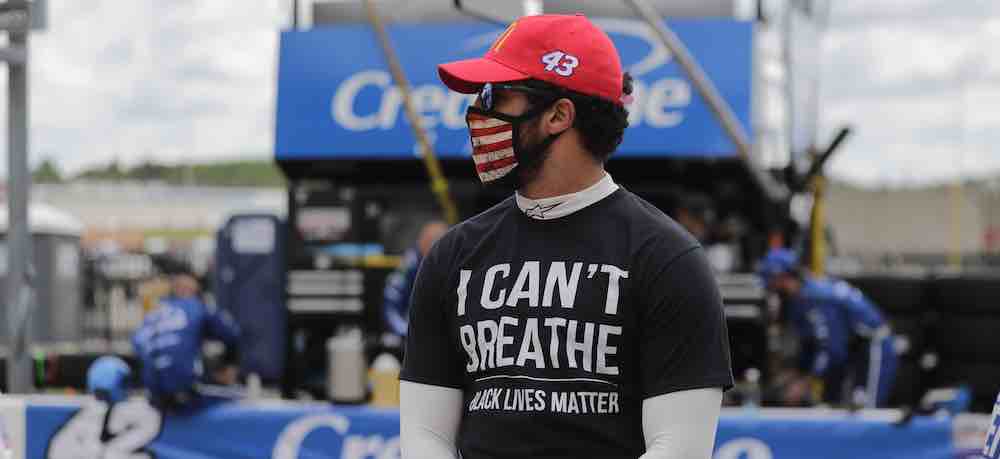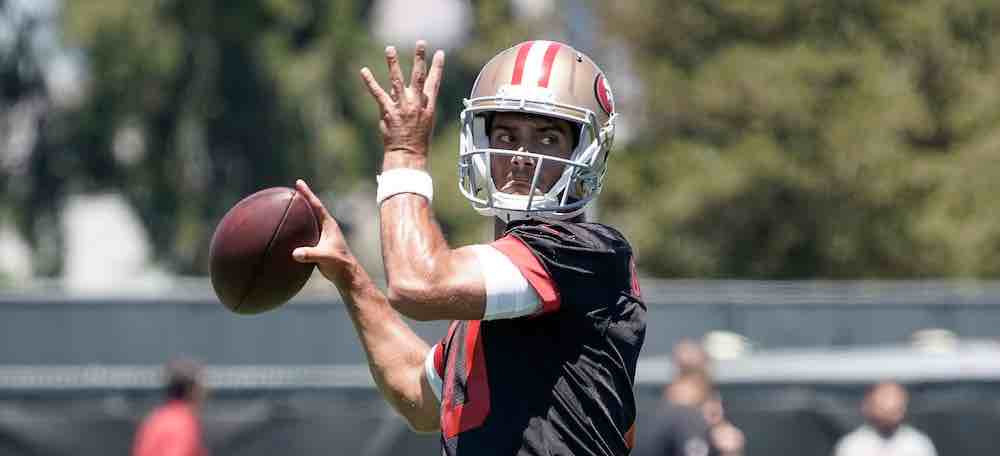NASCAR took swift action yesterday, banning the display of the Confederate battle flag at all races and events. In a statement, NASCAR said the presence of the flag “runs contrary to our commitment to providing a welcoming and inclusive environment for all fans, our competitors and our industry.”
Bubba Wallace, the circuit’s only Black driver, had been pushing for the change, telling CNN that, “No one should feel uncomfortable when they come to a NASCAR race. It starts with Confederate flags.” Wallace also drove a Black Lives Matter-themed car last night during a race at Martinsville Speedway after wearing an “I Can’t Breathe” shirt prior to Sunday’s race.
Protest News:
- More than 1,400 players, coaches, and front office personnel are urging Congress to pass the Ending Qualified Immunity Act. The bill, introduced by Rep. Justin Amash and Rep. Ayanna Pressley, aims to end protections for government officials that prevent them “from being held personally liable for constitutional violations.”
- The International Olympic Committee will reexamine the protest rules laid out for the Tokyo Games, consulting with athletes before making a change. The IOC published guidelines in January banning any protest at the Tokyo Games but seem to have softened its stance following the death of George Floyd.
- The U.S. Soccer Board of Directors repealed a policy that required players to stand during the national anthem. The policy was originally put in place after U.S. Women’s National Team star Megan Rapinoe kneeled for the anthem in solidarity with Colin Kaepernick.
- MLS announced it would support players who protest police brutality and systemic racism during the national anthem. MLS Commissioner Don Garber said the league will not be playing the national anthem before matches during its Orlando-based tournament as teams won’t be lining up on the field before the match and no fans will be in the stands.
- The Premier Lacrosse League announced an expansive approach to diversity and inclusion, including mandatory anti-racism training for employees, internships for Black students, a more inclusive hiring process, non-profit support to end systemic racism, and Election Day off, as well as Juneteenth – in honor of June 19, the date slavery ended in the U.S.






